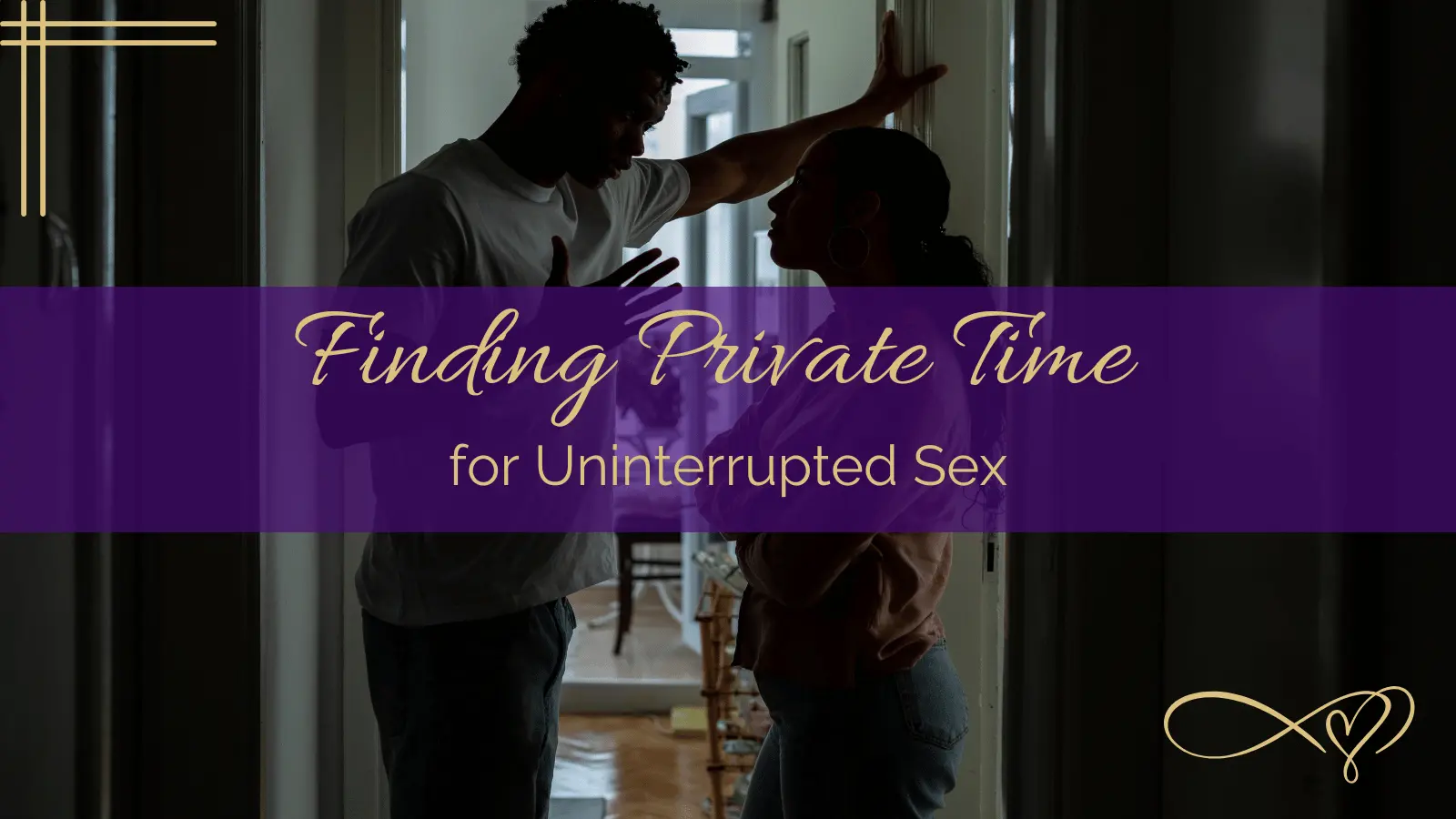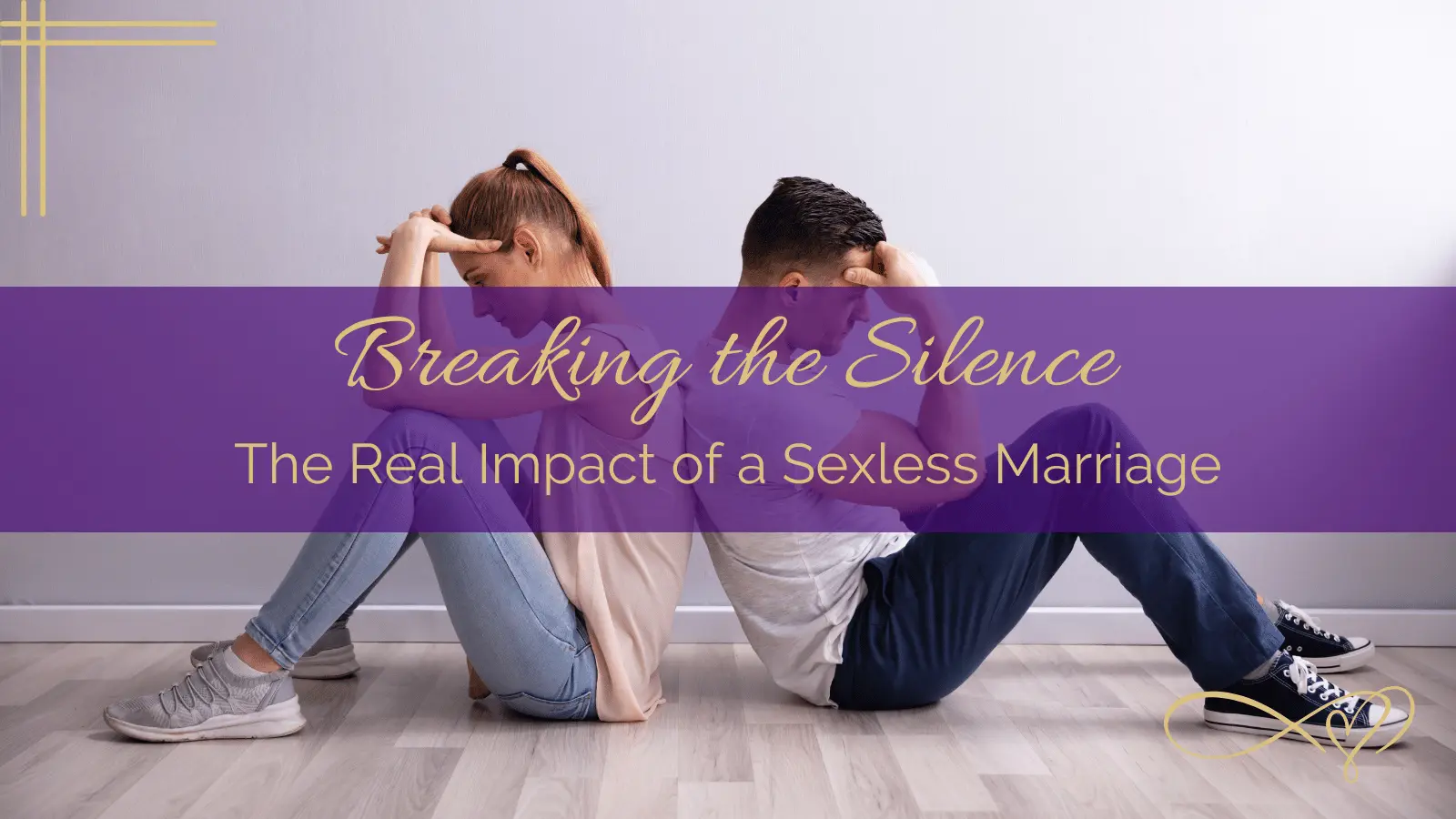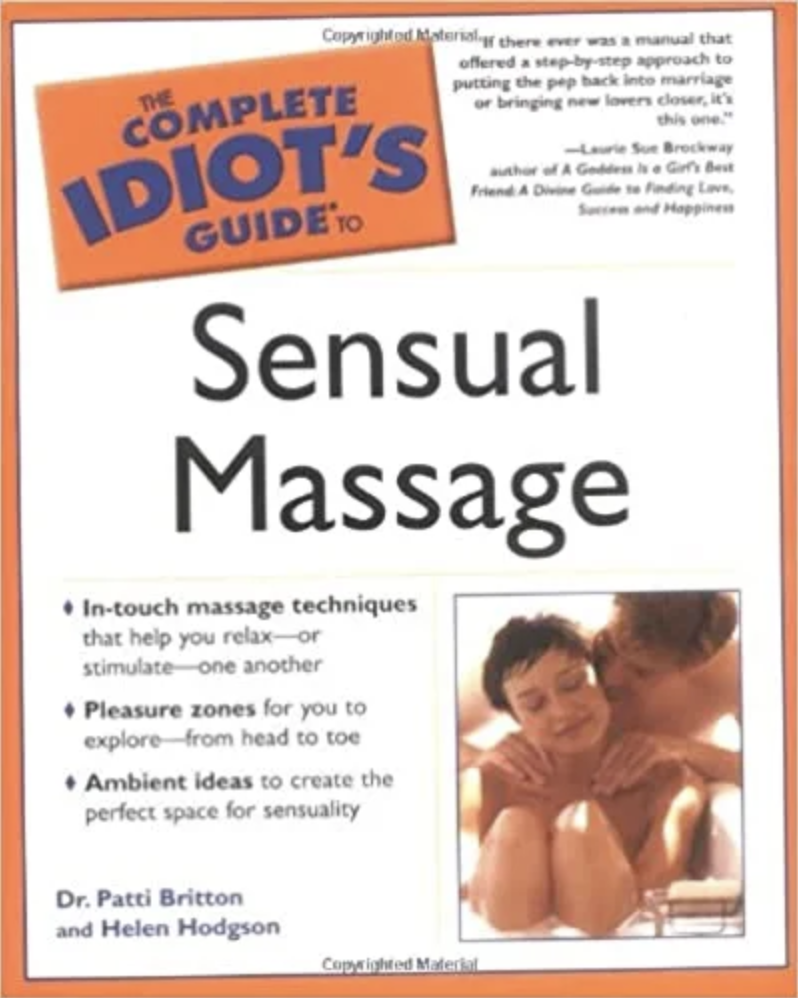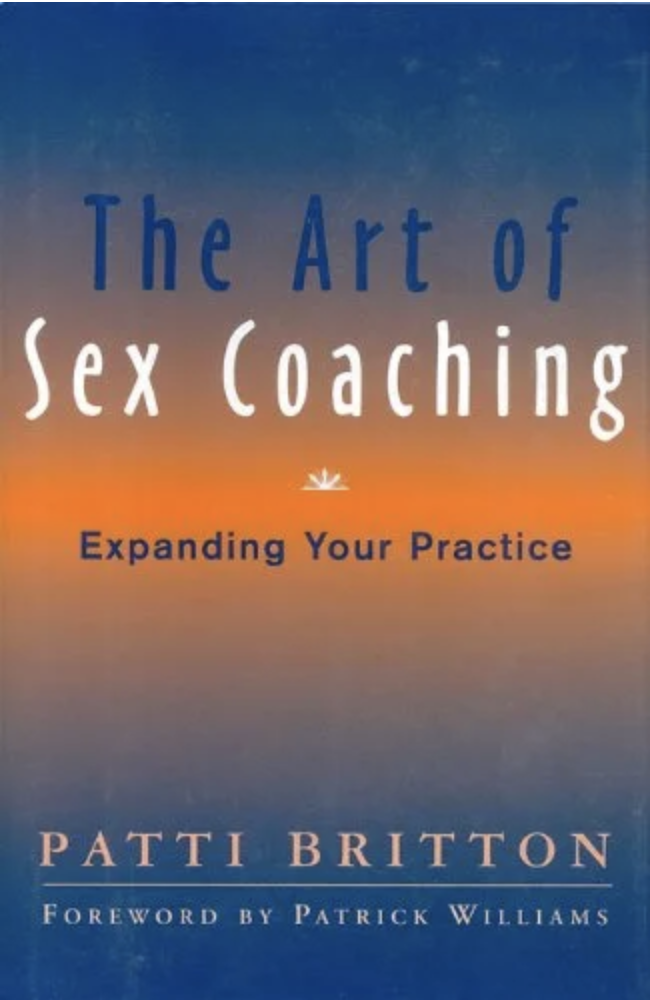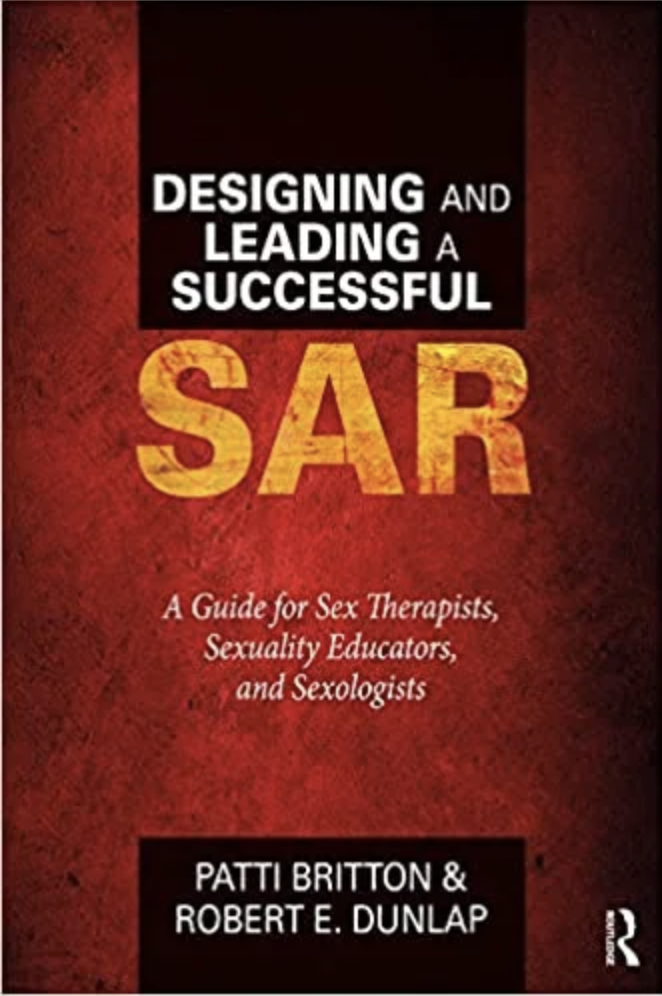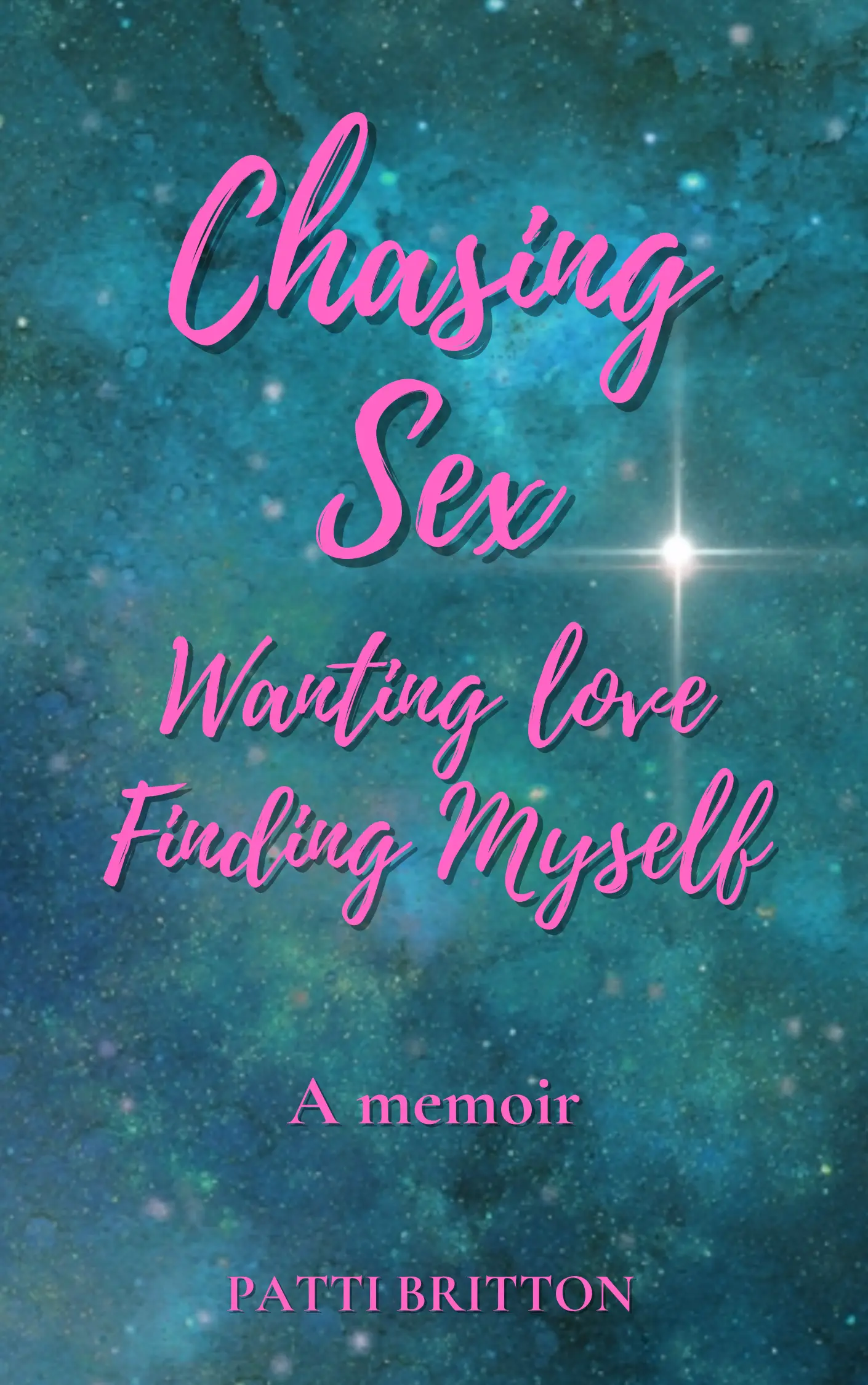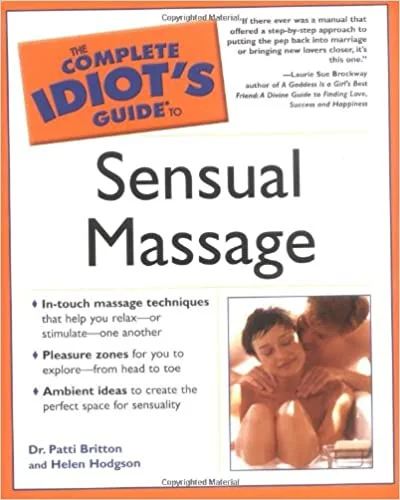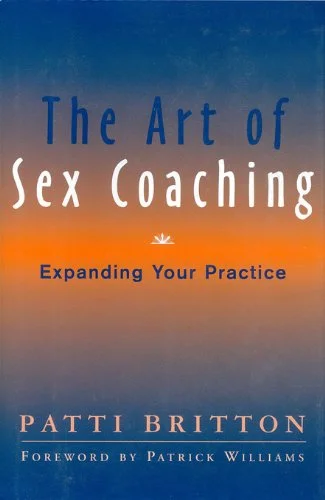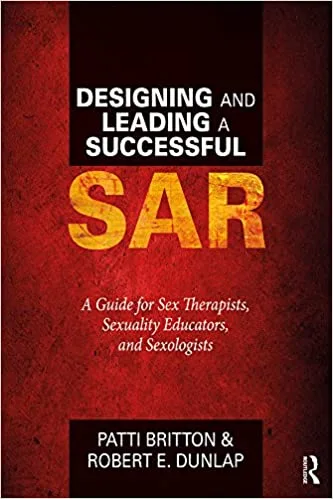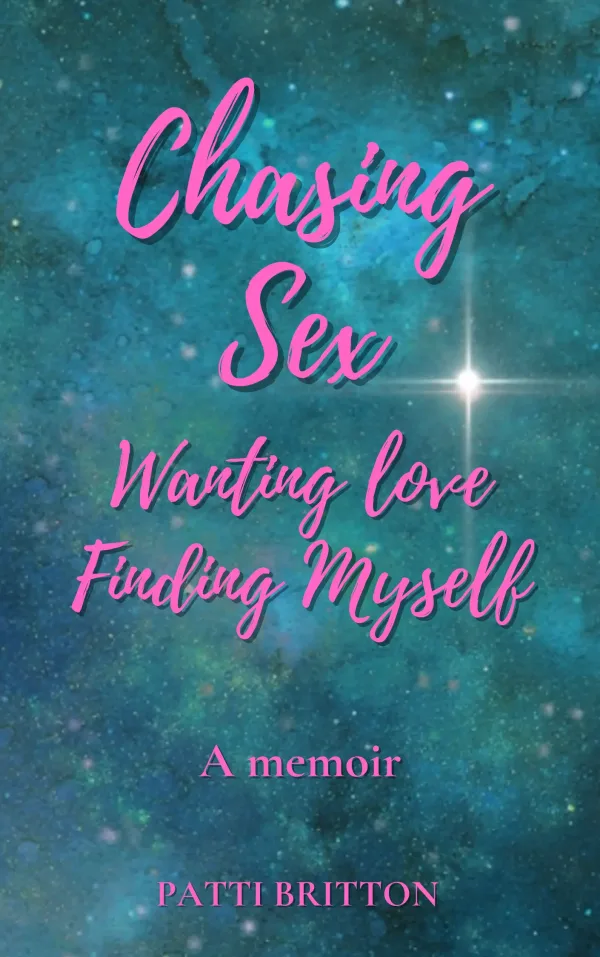Healing After Infidelity: How to rebuild trust and intimacy
Infidelity can be a devastating blow to any relationship, leaving partners wondering how to move forward and rebuild trust. If you’re struggling with the aftermath of an affair, know that you’re not alone – and that healing is possible.
Last year, one of my clients, we’ll call her N, discovered that her husband was having an online affair. Yikes!
While no physical contact was involved, the emotional pain that infidelity can cause is just as real. And after her husband went through counseling and started taking an antidepressant, N’s next question was, “what now?”
Specifically, she wanted to know what she could do to rebuild trust and intimacy in their relationship and how to forget about the affair.
If you find yourself in the same position as N, here’s my advice.
It can happen to anyone
Take a deep breath. You’re not alone. Infidelity is, unfortunately, common, and it can happen to anyone.
I also want to acknowledge that this situation is difficult and has no one-size-fits-all solution. However, I do have a few tips that might help.
Healing from an affair is a long-term process, so don’t expect everything to be fixed overnight. It’s important to be patient with yourself and your partner as you navigate this challenging time. Rebuilding trust takes effort and commitment from both partners, and it’s essential to approach the process with honesty, vulnerability, and a willingness to work through the pain.
One of my go-to resources for healing after infidelity is the book After the Affair by Janis Abrahms and Michael Spring. This book provides insight into how to recover from the pain and betrayal of infidelity and how to rebuild trust. It offers practical advice and exercises that can help couples communicate more effectively, understand each other’s perspectives, and develop a deeper sense of empathy and understanding.
I was glad to hear that N’s partner sought counseling after the affair. I recommend that both partners do this. That can help partners understand the underlying issues that led to the infidelity so they can work on those issues together. Having an outside ally can be incredibly helpful during this time. A professional can provide a safe and neutral space for couples to express their feelings, work through conflicts, and develop new skills for building a stronger, more resilient relationship.
Infidelity can actually be a gift
Here’s one negative fallout of infidelity that surprises many couples: it can be that magical wake-up call to get your sexual relationship back on track! So, sometimes what seems like a bad thing turns out to be the gift that keeps on giving. Many couples find that the crisis of an affair can be a catalyst for deeper intimacy and connection. It can be an opportunity to reassess priorities, communicate more openly and honestly, and recommit to the relationship with renewed passion and purpose.
Finally, I want to remind you that taking care of yourself is important during this time. Celebrate your own sexuality in ways that make you feel good. For example, buy yourself some sexy lingerie, go to a day spa, or take some time to masturbate. Self-care is essential during times of stress and upheaval, and it’s okay to prioritize your own needs and desires.
Whatever makes you feel alive and vibrant in the sex department, go for it! And when you’re ready, don’t be afraid to seek a sexologist who can help get you and your partner back on track. A sexologist can provide guidance and support as you explore new ways of connecting sexually and emotionally, and can help you navigate any challenges or roadblocks that may arise along the way.
Remember, you’re not alone in this. Healing from infidelity takes time, but it is possible. So stay strong, take care of yourself, and don’t be afraid to seek help when needed. Get in touch today to learn how you can restore your relationship and move forward after an affair.
With patience, commitment, and a willingness to do the work, you and your partner can emerge from this crisis stronger, more resilient, and more deeply connected than ever before.


